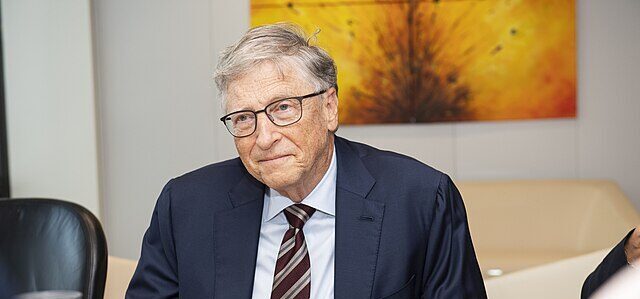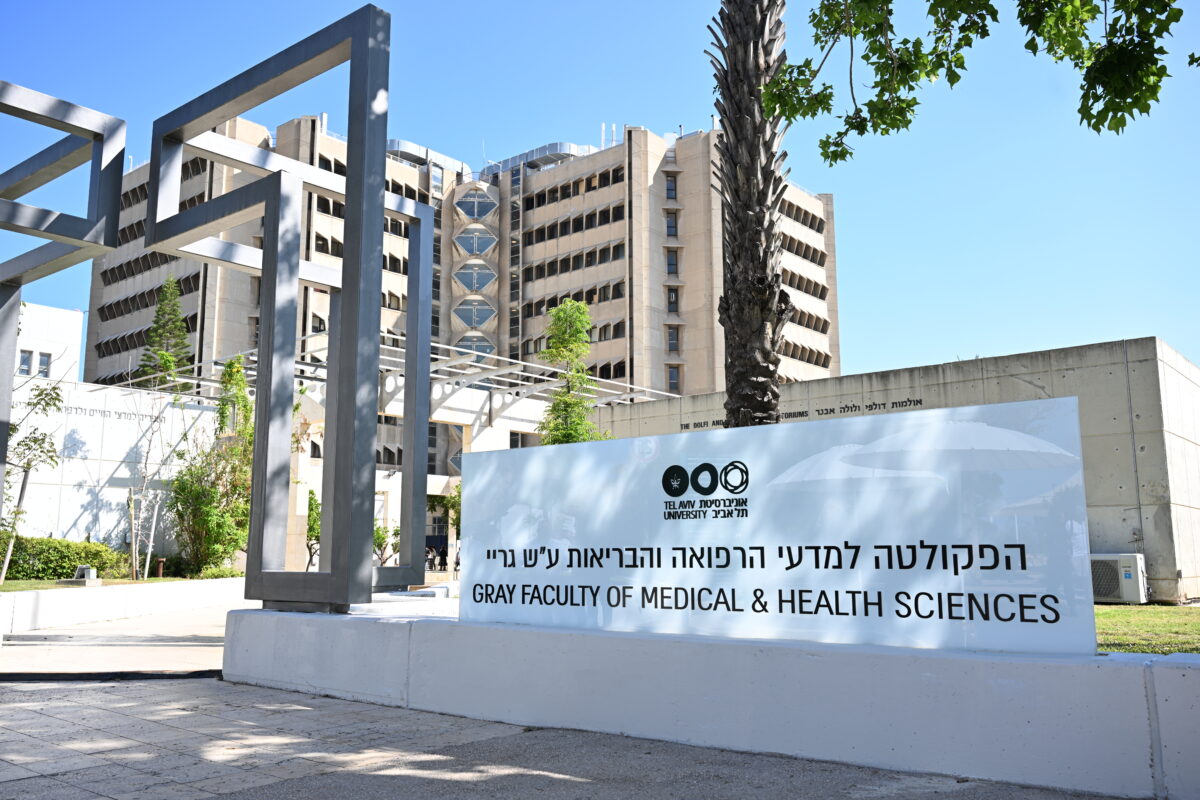UNHCR: Islamic giving plays increasing role in helping the forcibly displaced
This is a summary of what was said by Khaled Khalifa, Senior Advisor to the High Commissioner and UNHCR Representative to Gulf Cooperation Council Countries – to whom quoted text may be attributed – at today’s press briefing at the Palais des Nations in Geneva.
At the start of the holy month of Ramadan, UNHCR, the UN Refugee Agency, is launching its 5th Islamic Philanthropy Annual Report, which shows the power and growing potential of Islamic giving to save lives and build better futures for the forcibly displaced globally.
The report shows that since UNHCR’s Refugee Zakat Fund was piloted in 2017, 6 million forcibly displaced people in 26 countries have benefitted from Zakat (obligatory almsgiving) and Sadaqah (voluntary charity) funds.
Through the Refugee Zakat Fund, last year UNHCR received more than US$21.3 million in Zakat contributions (including $137,000 as Zakat al Fitr – small obligatory donations) and over $16.7 million in Sadaqah donations (including $398,000 as Sadaqah Jariyah – voluntary contributions).
While this is a small proportion of UNHCR’s global expenditure, its importance and impact on the displaced is growing, contributing to progress in several Sustainable Development Goals, notably around ending poverty and hunger while improving education and well-being.
In 2022, the Refugee Zakat Fund enabled UNHCR to improve the lives of more than 1.5 million people in 21 countries, with Zakat and Sadaqah funds. Zakat contributions enabled UNHCR to assist more than 756,000 refugees and internally displaced people (IDPs) in 17 countries. Sadaqah donations meant UNHCR assisted more than 839,000 people in 15 countries.
Since 2017, UNHCR’s main recipient operations have been Bangladesh (Rohingya), Yemen (IDPs), and Lebanon (Syrian refugees). Zakat contributions were distributed last year through Zakat-compliant cash assistance and direct provision of goods. Cash assistance was provided to refugees in Algeria, Egypt, India, Indonesia, Jordan, Lebanon, Malaysia, Mauritania, Pakistan, and Tunisia, as well as to IDPs in Afghanistan, Iraq, Somalia, and Yemen. Goods, such as hygiene and shelter kits, medicines, and livelihood kits were provided to refugees in Bangladesh, India, and Iran, and for internally displaced people in Nigeria.
In 2022, the Global Islamic Fund for Refugees (GIFR), a new Islamic Philanthropy initiative, was launched by UNHCR with the Islamic Solidarity Fund for Development (ISFD), the poverty alleviation arm of the Islamic Development Bank (IsDB). Once operational, this financing tool will include Waqf (endowment) and non-Waqf accounts, aiming to invest donor contributions and use the proceeds to provide developmental and humanitarian assistance to those impacted by displacement crises.
UNHCR’s Refugee Zakat Fund has been endorsed by several legal Islamic scholars and institutions to receive and distribute Zakat contributions to eligible refugees and internally displaced people. In 2022, UNHCR received additional fatwas from the Fiqh Majlis of Canada, Islamic Affairs and Charitable Activities Department of Dubai, the Tri-State Imams Council (USA), and the Supreme Council of Imams and Islamic Affairs of Brazil, further authorizing UNHCR to receive and distribute Zakat to eligible refugees and IDPs through the Refugee Zakat Fund.
Islamic philanthropy funds are channeled to eligible displaced individuals identified through every operation’s vulnerability assessment criteria, giving UNHCR operations the opportunity to assist the most vulnerable people. UNHCR’s due diligence policy applies to Islamic philanthropy partners.
Additional resources and useful links:
UNHCR’s Ramadan Campaign
UNHCR’s Refugee Zakat Fund
For more information, please contact:
In Amman (MENA Regional), Rula Amin aminr@unhcr.org, +962 790 04 58 49
In Dubai, Khaled Kabbara, kabbara@unhcr.org, +971 50 641 0868
In Geneva, Matthew Saltmarsh saltmars@unhcr.org, +41 79 967 99 36
Credit:Source link
![Islamic Philanthropy Annual Report 2023 [EN/AR] – World Islamic Philanthropy Annual Report 2023 [EN/AR] – World](https://reliefweb.int/sites/default/files/styles/large/public/previews/05/c7/05c7658b-a5be-4325-b135-2abd61d6b89b.png)


